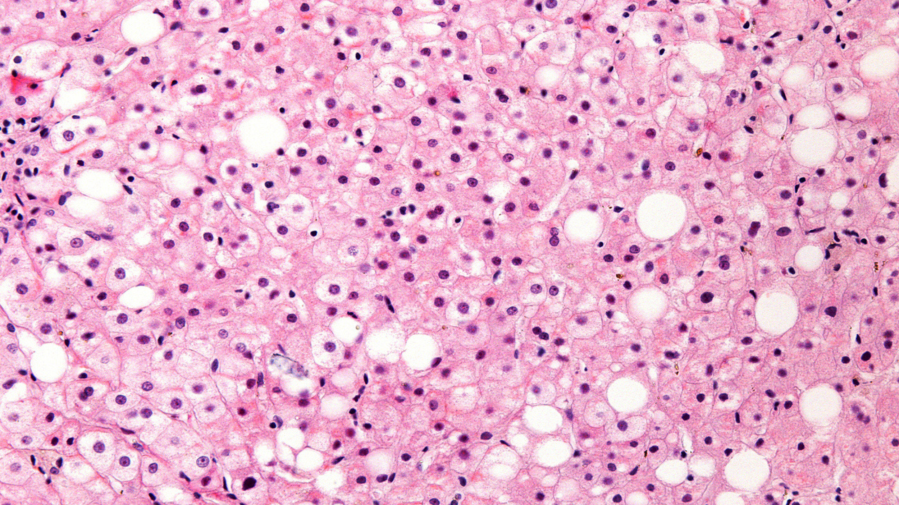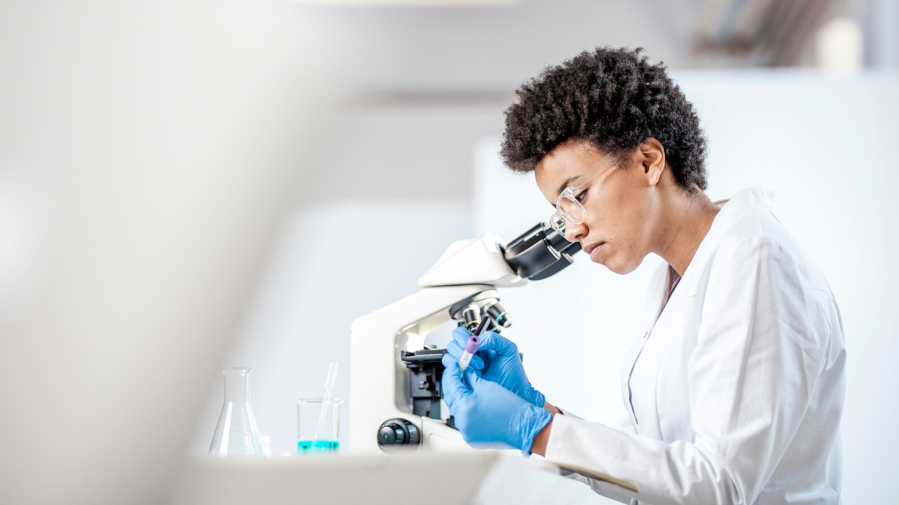
Liver cancer forms in the cells of part of your digestive system. Specifically, they form in your liver, which is an organ that cleans your blood and helps your body process nutrients. Compared to other types of cancer, such as lung cancer, breast cancer and colon cancer, liver cancer isn’t as common.
However, liver cancer is often diagnosed as a secondary form of cancer. A patient may have a primary type of cancer, such as colon cancer, that later spreads (or metastasizes), to the liver. Read on to learn about the early and later symptoms of liver cancer, along with risk factors and prevention steps.
Early Symptoms of Liver Cancer
Many patients are asymptomatic in the early stages of liver cancer, meaning they don’t notice any symptoms or the changes they do notice are easily explained away. Many of the symptoms of liver cancer can mimic other mild gastrointestinal (GI) disturbances that often go ignored. It’s important to note that if any type of GI symptoms lasts for more than a few days, you should consult your doctor.

Some of the early symptoms of liver cancer include unexplained fatigue or weakness, unintended weight loss, loss of appetite, nausea, vomiting, abdominal swelling, upper abdominal pain, chalky or white stools, itching and yellow-colored skin or eyes (jaundice). Generally, jaundice is a sign of any type of liver dysfunction or disease. If you notice a yellow tinge developing in your face or eyes, it’s important to consult your physician as soon as possible.
Symptoms Related to Liver Tumors
Sometimes, the growth of tumors related to liver cancer can make hormones cause other types of symptoms. You may experience symptoms such as skin flushing, which involves changes in color and a hot sensation; high cholesterol levels; breast enlargement in women or testicle shrinkage in men; confusion, weakness or muscle problems, which are due to high blood calcium levels; or fainting or fatigue, which happen because of low blood sugar levels.

Causes of Liver Cancer
Only about 2% of all liver cancer cases originate in the liver; most are due to cancer elsewhere in the body metastasizing. When this cancer initially forms in the liver, it’s often due to damage to liver cells. Damage from excessive alcohol use, disease or birth defects can lead to liver cancer. However, in many cases, doctors can’t pinpoint the cause of liver cancer.

Those with chronic alcohol problems or chronic hepatitis infections have an increased risk of developing liver cancer, but many patients do not have risk factors present before a diagnosis. Being obese or having a fatty liver disease can also cause a person to develop liver cancer.
Risk Factors and Liver Cancer Screening
There are certain risk factors that predispose some patients to liver cancer. These include cirrhosis of the liver, which is permanent scarring most often caused by overconsumption of alcohol; nonalcoholic fatty liver disease; inherited liver diseases, such as Wilson’s disease; hepatitis infections, such as those from hepatitis B and hepatitis C; or exposure to aflatoxins, which are poisons that form on foods when crops aren’t properly stored.

Liver cancer screening isn’t typically recommended unless you fall into one of these risk factor categories. If you currently have cirrhosis, hepatitis B or hepatitis C — or have other risk factors that may increase your likelihood of developing liver cancer — talk to your doctor about screening.
Liver Cancer Prevention

One of the best ways to reduce your risk of liver cancer is to drink alcohol in moderation if you choose to drink. Drinking heavily over many years can cause your liver to scar, which leads to cirrhosis. Overconsumption of alcohol and the development of cirrhosis greatly increase your risk of liver cancer. Hepatitis B and C also increase your liver cancer risk. You have the option of getting vaccinated against hepatitis B ― even adults can receive the vaccine. To protect yourself against hepatitis C, don’t use intravenous drugs, always practice safe sex and only visit safe clean tattoo parlors.





